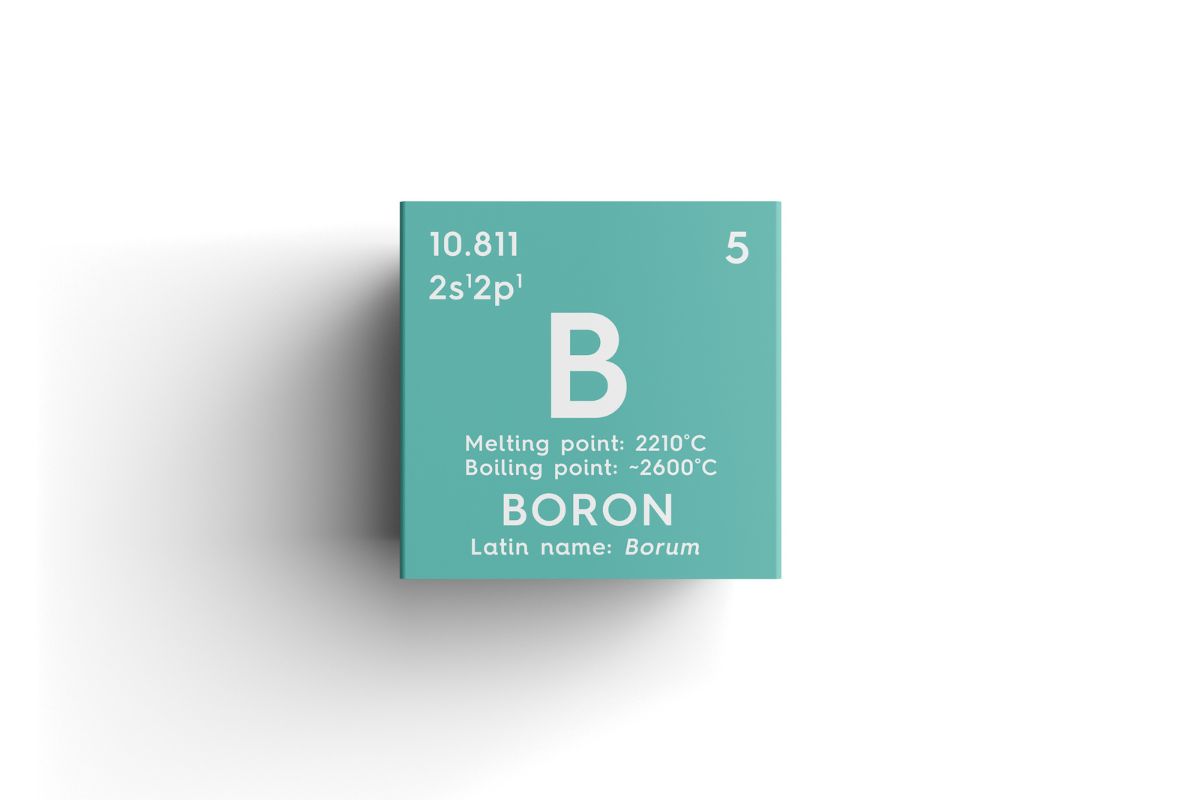Boron is a mineral or element that’s found naturally in a variety of foods. The element helps your body metabolize key vitamins and minerals such as calcium and insulin. Additionally, boron plays a huge role in bone health, brain function, as well as immunity. Boron also affects testosterone and estrogen levels thus supporting reproduction and development. Plant-based foods such as leafy green vegetables contain more boron levels compared to animal products.

Usually, adults get approximately 1 to 3 milligrams of boron from their daily diet. And given the benefits of boron in most people’s lives, many are left wondering, how much boron is in coffee? Not to mention, boron is an essential mineral in the growth of coffee crops. This article will discuss how much boron is in coffee as well as the importance of boron in coffee cultivation. Let’s begin!
How Much Boron in Coffee?
A cup of coffee contains 0.07 milligrams of boron. Coffee is a main boron source especially for American adults since they drink so much of the beverage. Equally important, coffee contains additional minerals that are essential to the body such as magnesium, potassium, and niacin.
Benefits of Boron
Boron is an essential mineral to the human body. Some of the benefits of boron include:
- Bone formation
- Healing of wounds
- Regulates calcium absorption
- Improves muscle performance and strength
- Prevents deterioration of the human body
- Supports reproduction and development
How Much Boron Should You Consume?
The World Health Organization recommends the intake of between 1 to 13 milligrams of boron in a day. This amount is safe for adults. However, when consuming boron in supplements, you should avoid consuming more than 20 milligrams of boron daily. When taken in huge amounts, boron can lead to side effects such as indigestion, nausea, headaches, vomiting, and diarrhea. Equally important, the amount of boron consumption that’s safe for children depends on their age. 14 to 18-year-old teens shouldn’t consume more than 17 milligrams of boron. Also, pregnant and breastfeeding adults should not consume more than 20 milligrams of boron. Generally, experts haven’t identified any diseases that may be caused as a result of boron deficiency in human beings.
Boron in Coffee Plants
As mentioned earlier, boron is an essential mineral in the cultivation of coffee plants. Boron in coffee plants is essential to improve crop yield as well as support healthy coffee plant growth through cell wall formation and cell division. Additionally, boron in coffee plants is important for calcium uptake, water uptake, internodes growth, lower aluminum toxicity, root growth, fruit size and setting, and drought/disease resistance.
Boron deficiency in coffee plants can lead to the death of the secondary branches and terminal growing points.
Some of the characteristics of a plant that’s boron deficient include:
- Smaller in size coffee plant leaves
- Narrow and twisted leaves with irregular edges
- Leathery textured leaves
- Short internodes
- Pale olive or green colored apical portion as a result of calcium deficiency
- Low production as a result of poor fruit formation